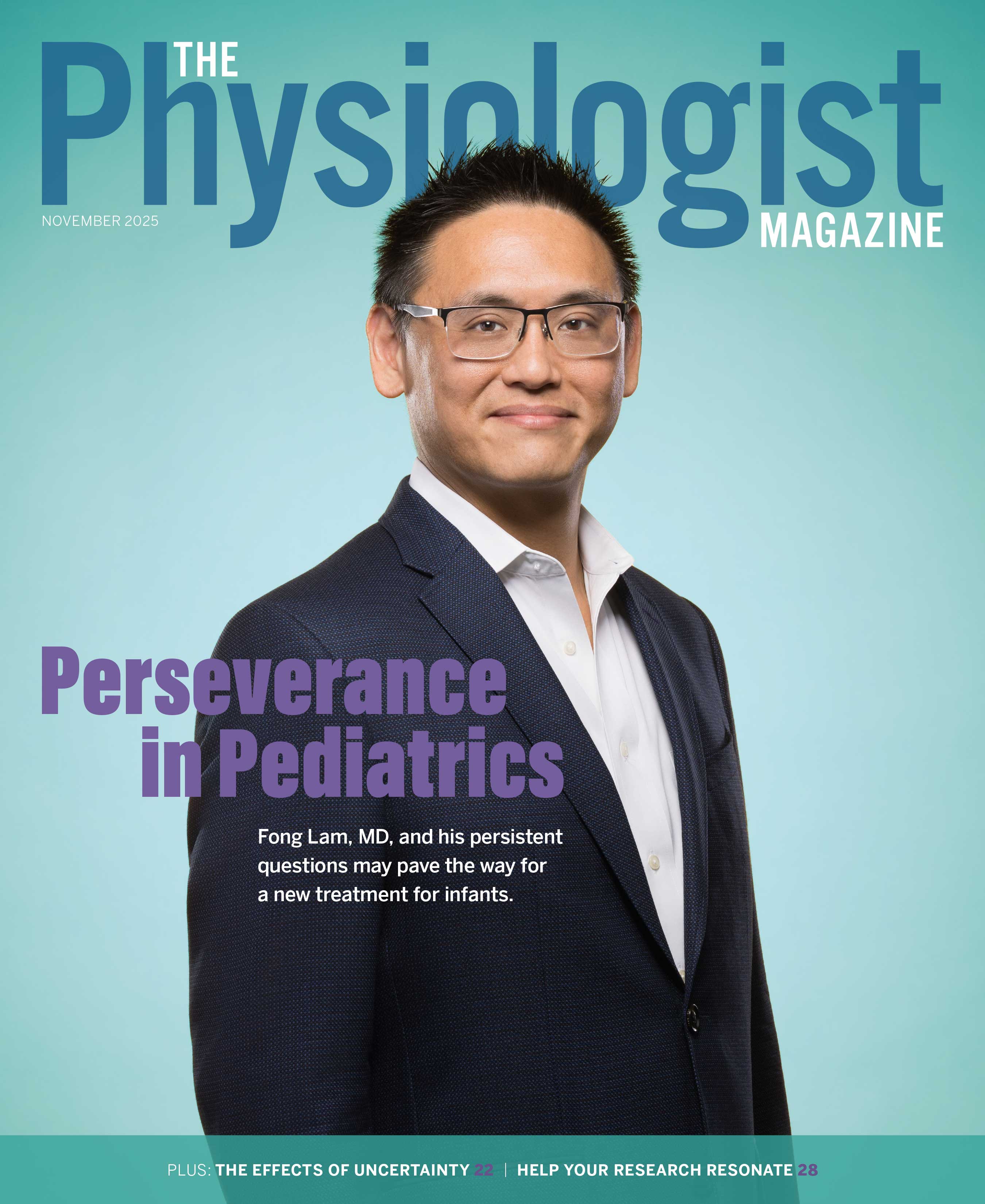Reframing Failure as a Stepping Stone to Success
By Meena S. Madhur, MD, PhD
 We have all been at that conference
where the keynote speaker is introduced and a long list of accolades and accomplishments are described. What we don’t hear is the undeniably longer list of failures—failed experiments, rejected papers, not-discussed grant proposals and
awards not won. This bias in reporting leads to false expectations and feelings of insecurity among trainees and junior faculty. I have recently seen far too many posts on social media and heard many stories of young scientists who receive a paper
or grant rejection and say that they don’t know how they can do this much longer. They say they want to scream, cry or quit academia. While it might seem easier said than done, it is important to reframe these failures as part of the “game”
and opportunities for growth.
We have all been at that conference
where the keynote speaker is introduced and a long list of accolades and accomplishments are described. What we don’t hear is the undeniably longer list of failures—failed experiments, rejected papers, not-discussed grant proposals and
awards not won. This bias in reporting leads to false expectations and feelings of insecurity among trainees and junior faculty. I have recently seen far too many posts on social media and heard many stories of young scientists who receive a paper
or grant rejection and say that they don’t know how they can do this much longer. They say they want to scream, cry or quit academia. While it might seem easier said than done, it is important to reframe these failures as part of the “game”
and opportunities for growth.
Each failed experiment is a chance to realize how to do it better and know what doesn’t work. Each rejected paper or grant is an opportunity to improve it or shop it around to a more suitable journal or funding mechanism. Even an award not won provides visibility to you and your work and networking opportunities.
I recently attended an event at my institution called FailFest in which women faculty and trainees went around the table and described our funniest and biggest personal and professional failures over pizza. Instituting an event like this, even if informal, can be cathartic. Most importantly, normalizing these failures and understanding truly how commonplace they are, can provide important perspective and promote resilience.
It’s important to remember that luck plays a big role too, so being able to see certain wins or losses as good luck and bad luck, respectively, can help detract from those feelings of insecurity and utter despair.
I personally had a bit of luck on my side when I was an assistant professor at Vanderbilt University in Nashville, Tennessee. I got my first career development grant, a National Institutes of Health (NIH) K08 award, and my first R01 equivalent grant, an NIH DP2 New Innovator Award, on my first try.
Filled with confidence that grant writing must be easy, I embarked on trying to get my second R01 equivalent grant only to be hit with the dreaded not-discussed result. Multiple attempts later, my R01 was funded with a sixth percentile. Of course, that was the screenshot that made it to Twitter!
Along the way I had other successes and an equal number of failures. But without these successes (and failures), I wouldn’t be where I am today or who I am today. So, if you remember one thing, let it be this: Success is defined not by the number
of times you win, but by the number of times you get back up after losing.
Meena S. Madhur, MD, PhD, is the division director of clinical pharmacology at Indiana University. She studies immune mechanisms of cardiovascular disease.
You can follow her at www.twitter.com/CVimmunology.
This article was originally published in the January 2024 issue of The Physiologist Magazine. Copyright © 2024 by the American Physiological Society.
“Instituting an event like FailFest can be cathartic. Normalizing these failures … can provide important perspective and promote resilience.”
The Physiologist Magazine
Read the Latest Issue
Don’t miss out on the latest topics in science and research.
Contact Us
For questions, comments or to share your story ideas, email us or call 301.634.7314.


